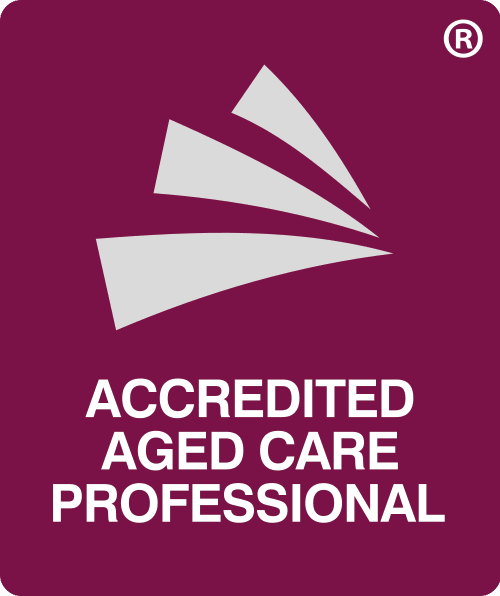In the last article we discussed the Enduring Power of Attorney which dealt with appointing a person to make decisions about your property and finances if you were mentally incapacitated. This article looks at appointing a person (or persons) to make decisions relating to your medical treatment, personal and lifestyle if you were unable. With any estate planning you need to consider who would make these decisions and whether you can have control over the decisions made if you were incapable.
What is an Enduring Power of Guardianship (EPG)?
An EPG is a legal document enabling a person to appoint someone (or several people) to make personal, lifestyle and medical treatment decisions when they are unable to make or communicate those decisions for themselves. It allows someone to speak on your behalf if you are unable to communicate.
Who can appoint an enduring guardian?
To make an Enduring Power of Guardianship you must:
- be 18 years of age or older
- have full legal capacity (this means you must be able to make a formal agreement and understand the implications of statements contained in that agreement).
Who should I appoint as an enduring guardian?
The person you appoint as your enduring guardian must also be 18 years of age or older and have full legal capacity. You can appoint more than one enduring guardian as joint enduring guardians, but they must act jointly. This means they must reach agreement on any decisions they make on your behalf. If you plan to appoint more than one enduring guardian it is important you consider their ability to work together on your behalf. You may also appoint substitute enduring guardians who would take over decision-making responsibilities in the event one or more of your enduring guardians was unable to continue in the role.
What decisions can my guardian make and when?
Your EPG will only be used if and when you become unable to make decisions for yourself.
You choose the decisions your enduring guardian will be able to make.
This would include your enduring guardian to:
- decide where you live, whether permanently or temporarily
- decide who you live with
- decide whether or not you work and, if so, any matters related to that work
- make treatment decisions on your behalf to any medical, surgical or dental treatment or other health care (including palliative care and life-sustaining measures such as assisted ventilation and cardio-pulmonary resuscitation)
- decide what education and training you receive
- determine who you associate with
- commence, defend, conduct or settle any legal proceedings on your behalf, except proceedings that relate to your property or estate
- advocate for and make decisions about the support services you access
- seek and receive information on your behalf.
Alternatively, you may restrict the decision-making authority of your enduring guardian. For example, you may authorise your enduring guardian to make decisions about any treatment you receive, but not about where you live.
How do I appoint an enduring guardian?
You will need to complete an enduring power of guardianship form. You can find an EPG kit at https://www.publicadvocate.wa.gov.au/. Alternatively see an estate lawyer.
What is an Advance Health Directive (AHD)?
An AHD is a legal document which enables you to make decisions now about the treatment you would want (or not want) if you became sick or injured and could not communicate your wishes. The AHD is a document that contains your decisions about your future treatment. It applies to medical, surgical and dental treatments including palliative care and life-sustaining measures. It only comes into effect if it applies to the treatment you required and only if you could not communicate your wishes at the time the treatment is required. An AHD is at the top of the hierarchy of treatment decision makers which means that if you have appointed an enduring guardian, the health professionals will be bound by your AHD. An AHD takes priority over the decisions of your enduing guardian for the treatment stated in the AHD.
How do I make an AHD?
You can find the forms on the Department of Health’s website: https://healthywa.wa.gov.au/Articles/A_E/Advance-care-planning. Alternatively see an estate lawyer.
The Hierarchy of Decision Makers
- Advanced Health Directive
- Enduring Guardian
- Guardian
- Spouse/De facto
- Adult child (son or daughter)
- Parent
- Sibling
- Primary unpaid caregiver
- Other person with close personal relationship


